Zoran Milanović brought euro in presidential campaign
- Euro in five years in Croatia. Why not? - says Zoran Milanović, presidential candidate of social democrats (SDP) on his Facebook profile (see it on Jutarnji list)and adds that if we should talk about it, but not on a referendum, meetings with the IMF, a world financial policeman, like these days Dubrovnik (conference organized by IMF and Croatian National Bank, HNB). He says that the decision to introduce the euro must not be served to us in the form of minutes from the Foreign Ministry.
“We should, as a community of people who think about their destiny for the next 20, 30 years, constantly talk about it”, he said. Milanović also said that the euro does not mean cheaper money, referring to some EU countries that are not members of Eurozone.
Milanović did what was expected in the campaign: euro will be one of the main topics. Because there is still a huge percentage of Croatian citizens that are against the euro. Miroslav Škoro, an independent candidate, said that he will call a referendum on euro.
Milanović yesterday got a piece of good news: HSS (Croatian peasant party, now trying to be a member of left centre) supports him as a presidential candidate.
New polls:
Kolinda Grabar Kitarović: 28,05%
Zoran Milanović: 23,63%
Miroslav Škoro: 20,85%

Open fight about a government reshuffle
One thing is clear: there will be new names in government and there will be an extraordinary session of Sabor, Croatian parliament (maybe on Friday). Božo Petrov, leader of party Most, called prime minister Andrej Plenković to resign because “he was always saying - this is my government”. Frontpage of today’s print edition of Jutarnji list emphasized that the main problem is the position of vice PM and minister of agriculture Tomislav Tolušić. He allegedly sent a message to Plenković: “If I go, Žalac (Gabrijela, EU funds minister), Murganić (Nada, social care minister), Pavić (Marko, labour minister), Kujundžić (Milan, health minister) must leave as well”. Jutarni list confirmed that Žalac will leave government. Although municipal prosecutor's office in Vinkovci dismissed a criminal complaint against her: she caused traffic accident while driving with expired driving licence.
Večernji list in today’s print edition notes: “HDZ is afraid of ministers that will be back in Sabor”. Because they could become voices against the government, more in Večernji list.
Details from Strasbourg
Ivan Vilibor Sinčić, member of the European Parliament (MEP) from populist Human Shield, that advocates exit of Croatia from EU, on his ballot in the election of Ursula von der Leyen as a president of European Commission wrote: “Down with the 4th Reich”. Independent MEP Mislav Kolakušić was sharp: “Out of 130 representatives in the European Parliament, 20 presidential and vice-presidential seats have been awarded to Germany, and Croatia and Slovenia - zero”.
Croatia and BiH sign contract on construction of the bridge across Sava river
The Croatian Roads company, the BiH Communications and Transport Ministry and a contractor representative signed in Zagreb a €19.5 million contract on the construction of a bridge across the Sava river from Okučani to the Croatian-Bosnian border. Milorad Dodik, the Serbian member of Presidency of BiH, insisted on the construction of this bridge for years by President of Republika Srpska. He even stipulated his support against Bosniak actions directed against Pelješac bridge with support for the construction of that bridge. One of the contractors is company Integral Inženjering which is connected to Dodik. And Dodik yesterday said that he would attempt to thwart Croat and Bosniak members of the Presidency of BiH - Željko Komšić and Šefik Džaferović - who decided to launch proceedings against Croatia over the construction of the Peljesac Bridge by using the mechanism of protecting the vital national interest. More on novac.hr.

Croats second group of immigrants to Germany last year
Last year saw 400,000 more people settle in Germany than move away, migration data released by the Federal Statistical Office on Tuesday showed, reports dpa. Croatian citizens, numbering 29,000, were the second-largest group of immigrants from the EU last year after Romanians (68.000), the Federal Statistical Office of Germany announced, according to Hina. Third are Bulgarians (27.000). Compared to the number of citizens, Croats are the biggest group (only 4 million inhabitants). But, Večernji list in today’s print edition has a different number: 51.197. And they are referring to information from the Federal Statistical Office of Germany.
Croatia presented the first Voluntary National Review at UN
Croatia presented the Voluntary National Review for the first time at the UN yesterday, showing the activities and results of the implementation of 17 Sustainable Development Goals, with examples of good practice by the business community, the Croatian Chamber of Commerce (HGK) announced on Tuesday. Croatia ranked 22nd in the UN's last statistical review of the implementation of Sustainable Development Goals.
To achieve the goals set out in the strategy, Croatia will focus on the advancement of institutional organisation, the strengthening of national statistical capacities, and the implementation of information and educational activities to raise awareness of the importance of sustainable development on the national and global levels.





Za sudjelovanje u komentarima je potrebna prijava, odnosno registracija ako još nemaš korisnički profil....